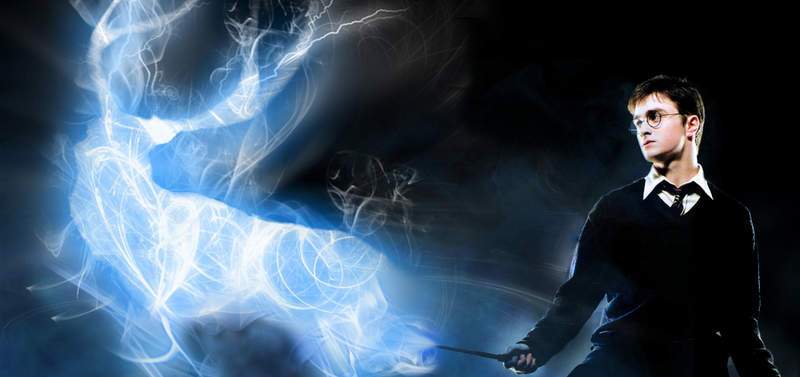Last week we celebrated Christmas, and later this week we’ll be celebrating Epiphany. Although you wouldn’t know it from the way that Christmas is typically celebrated in America – beginning sometime in November and culminating on December 25th – Christmas is a 12 day celebration (hence the famous song). Christmas (in the West) officially ends with the start of Epiphany on January 6th.
What is Epiphany? This is the day in which the church celebrates the revelation of the Christ child as the Son of God to the world. The key event from the Gospels being celebrated is the bit from the Gospel of Matthew about the “wise men” that come to visit Jesus, guided by a star, and bearing three gifts. In your typical American evangelical church, we tend to blur Christmas and Epiphany into a single event (additionally, we blur these with Advent as well, but that’s for another post). This is most notably observed through the fact that nativity scenes tend to have a big bright star above and three wise men surrounding the manger. Of course, there weren’t actually three wise men, despite what the famous Christmas song will tell you, and despite what you’ll see in most nativity scenes and Christmas plays. Instead, there were three gifts — gold, frankincense, myrrh – and that’s where the idea of three wise men originates from. Part of the blurring of Christmas and Epiphany can also be seen through the song Little Drummer Boy, which is based on a tradition rooted in the wise men story (i.e. what if, in addition to important figures bringing fancy gifts to baby Jesus, a lowly boy gave Jesus all that he had by means of merely tapping a bit on a drum?).
But in this post I don’t really want to dwell on Christian culture, or the ways in which the Western liturgical calendar is under-appreciated. Instead, I want to highlight the distinct celebration of Epiphany as an event in its own right (in case that is news to some) in order to show how Epiphany plays an intriguing role within the narrative of Harry Potter.
On the face of it, it is apparent why an event like Epiphany would be of interest to J. K. Rowling. Her seven-part fantasy is all about magic, and our beloved wise men were magoi (μάγοι). The Greek word refers to astrologers and practitioners of magic—magicians. So tying this event into Harry Potter somehow would have seemed like a good move thematically.
But Rowling’s specific use of it sheds some interesting light on an important scene in the books. In particular, she worked it into the fabric of her third novel, The Prisoner of Azkaban. In the Twelfth chapter, “The Patronus,” Hogwarts resumes school just after the New Year (p. 233). Wood and Harry have a discussion about a presumed-to-be jinxed broom that Harry received as a Christmas gift from Sirius Black (p. 234). On the following page we are told, “Classes started again the next day” (p. 235). That means that the conversation took place on Sunday, just before the start of school on Monday. Then we are told about some aspects of class that day. When the narrative moves forward from here on p.236, the new paragraph begins with a specific date and time: “At eight o’clock on Thursday evening. . .” The importance of this is that it is the time in which Harry meets up with Lupin and studies to learn how to properly perform the Patronus charm. Of course, Harry doesn’t ultimately learn this charm until the very end of the book—in a clever bit of time travel fun—because, after assuming that his dad had somehow appeared and saved the day, he realized that it was actually he who had performed the charm and saved the day. Thus, he could do it because he knew he had done it. He actualized his destiny through a “vision” of his father.
Here’s why the reference to Thursday is important. Harry was born July 31, 1980. That means that he started at Hogwarts the Fall of 1991, when Harry was 11 years old. This means that his third year at Hogwarts was ’93–’94. New Year’s Day in 1994 was a Saturday. School would have started that Monday (January 3rd). Thus, when the text tells us what happens on “Thursday” it is January 6th—Epiphany. I owe this observation to John Granger, Harry Potter scholar extraordinaire, who is himself an Orthodox Christian (hence, January 6th is Christmas for him). On this and other great insights from Granger, be sure to check out his book, How Harry Potter Cast His Spell. But for Rowling, an Episcopalian living in Scotland, the 6th of January marks the end of Christmas and the celebration of Epiphany.
Now here’s why a reference to Harry learning about the Patronus charm on Epiphany is relevant. Within Prisoner of Azkaban there are many paternal images, and it is in this book that Harry begins to find out quite a bit about his father James Potter, not least through his fellow Marauders (Lupin, Sirius, and Wormtail). Since Epiphany is about Christ being revealed as the Son of God, its interesting to consider how the Patronus is part of what reveals that Harry is James’ son in the sense of being like him, being as great as him, etc. Most notably, Harry’s Patronus is a stag just like James’ Patronus. It’s for this reason, among others, that I am convinced by John Granger regarding the possible meaning of Harry’s name symbolically. He argues that “Harry Potter” was probably chosen as the name for the orphan protagonist of the series due in part to a play on words pointing to the fact that he is the heir of his father (Heir-y Pater; “Pater” being Latin for father). This play on words as the symbolism behind Harry’s name, gains further support from this Epiphany-Patronus connection.





Leave a Reply
Your email is safe with us.